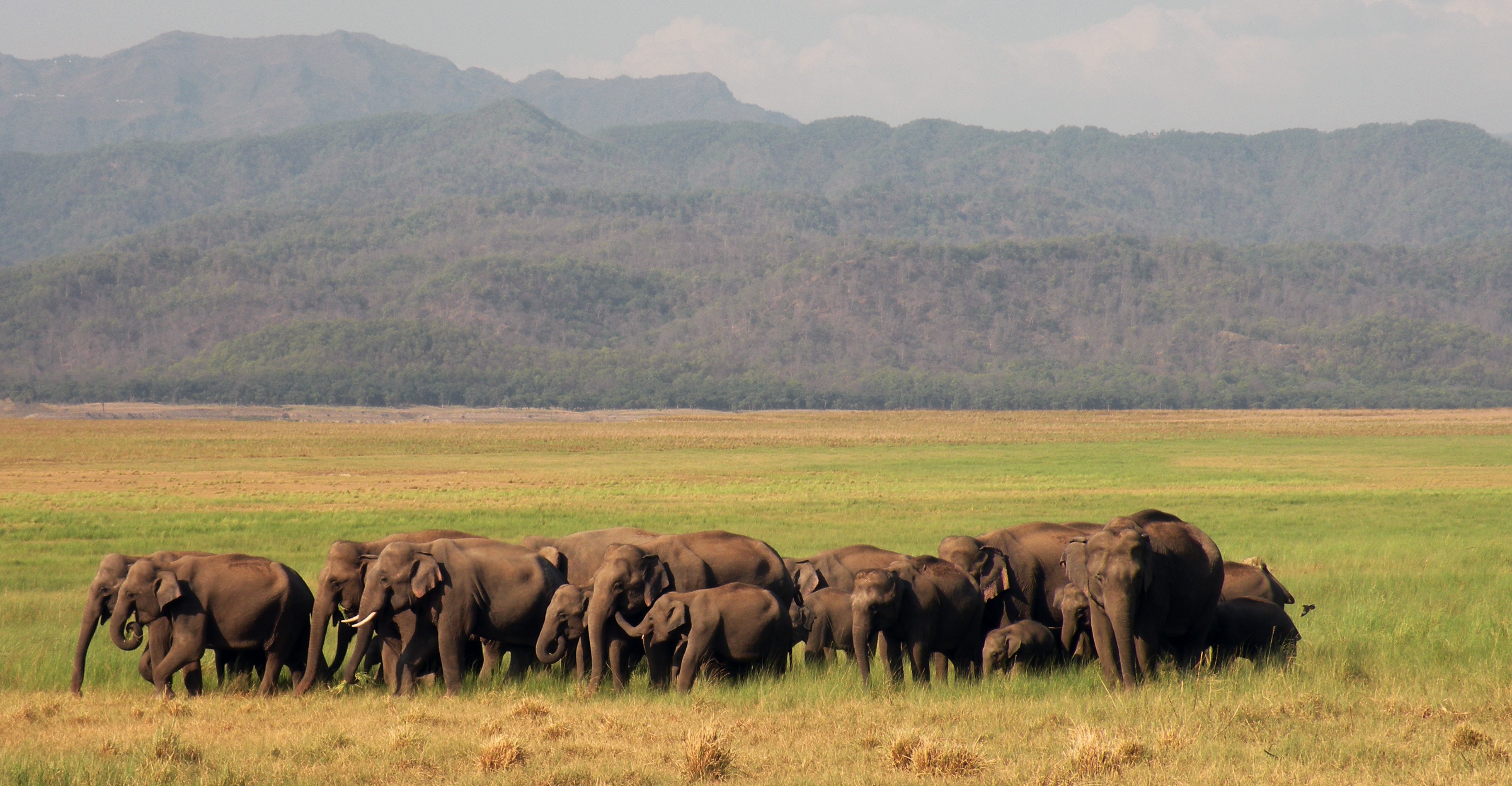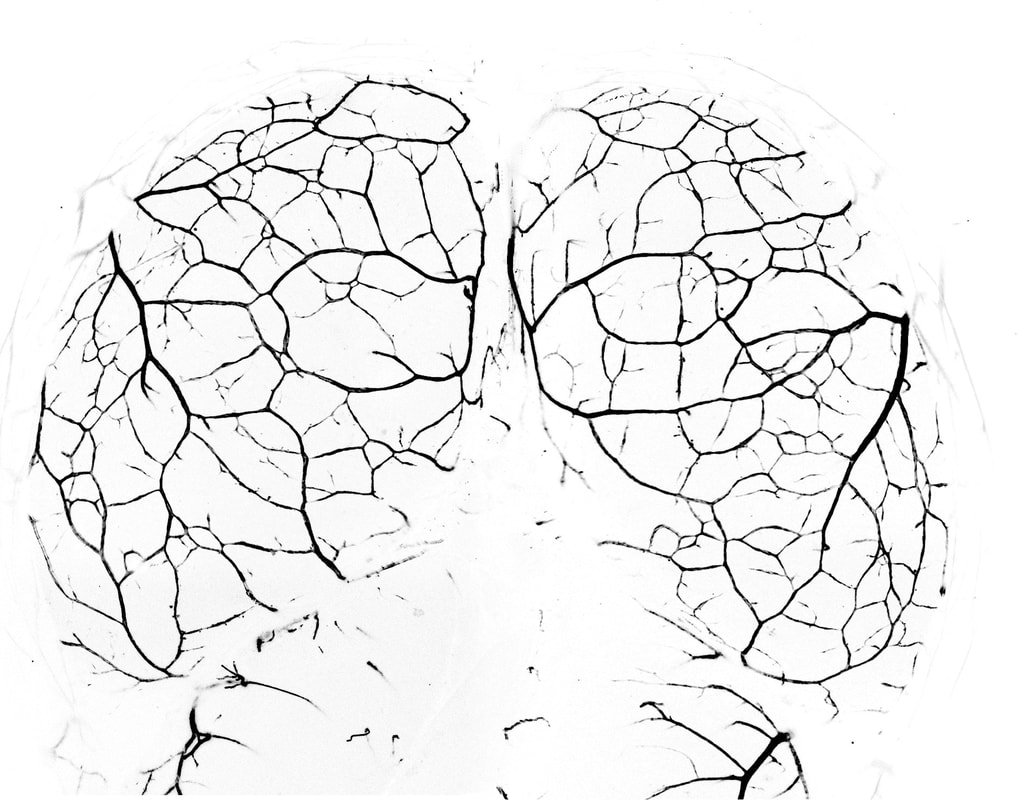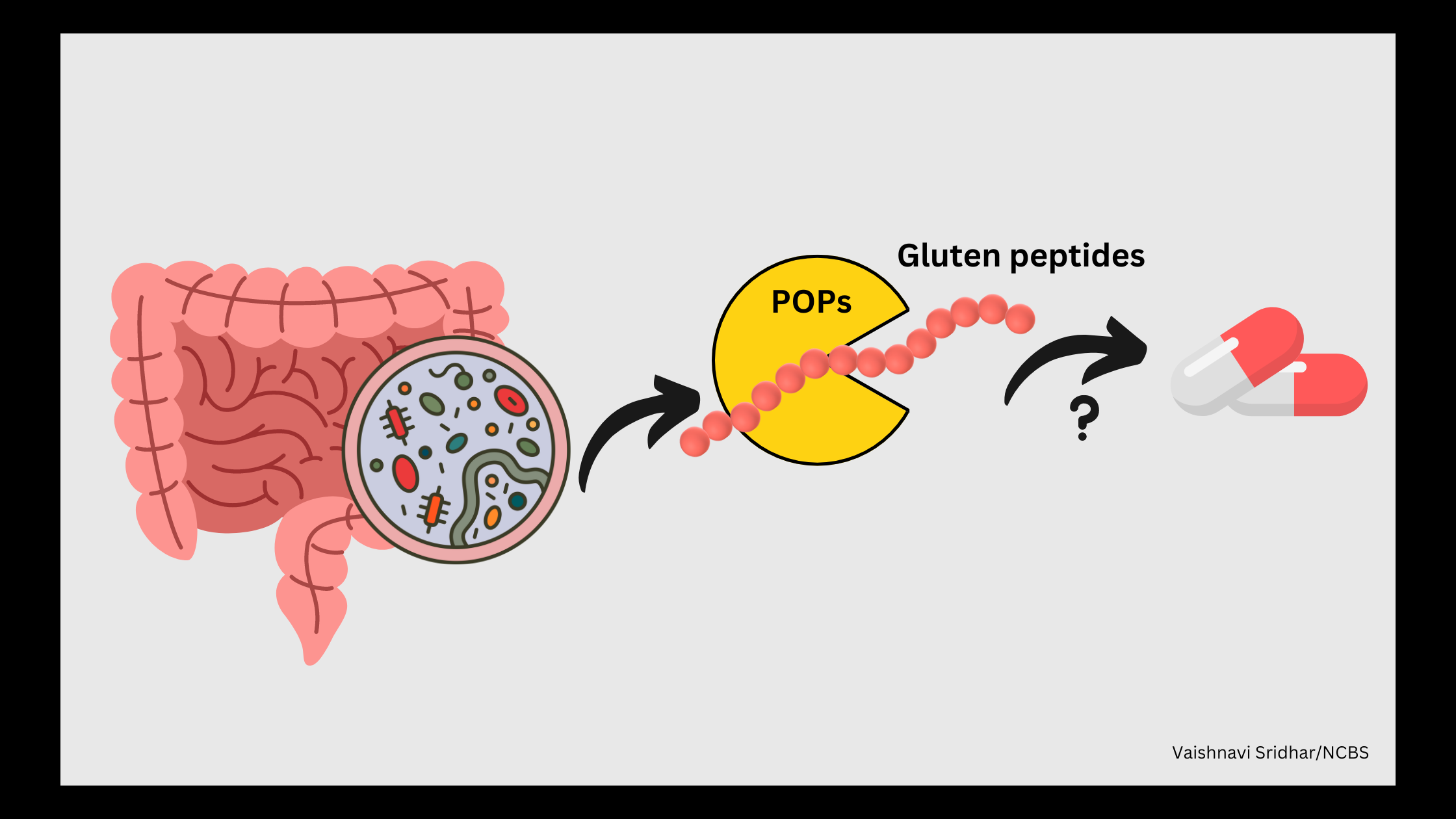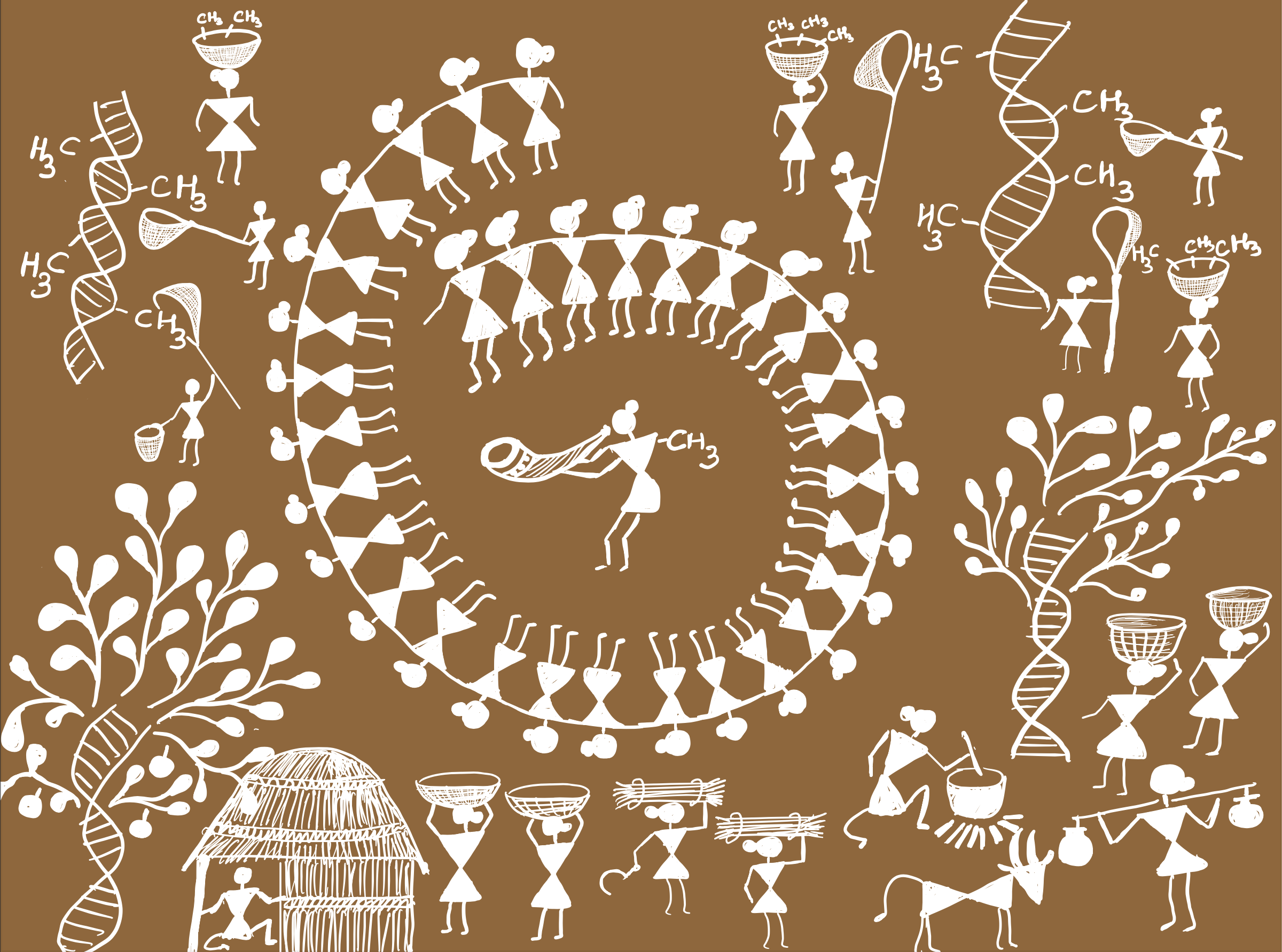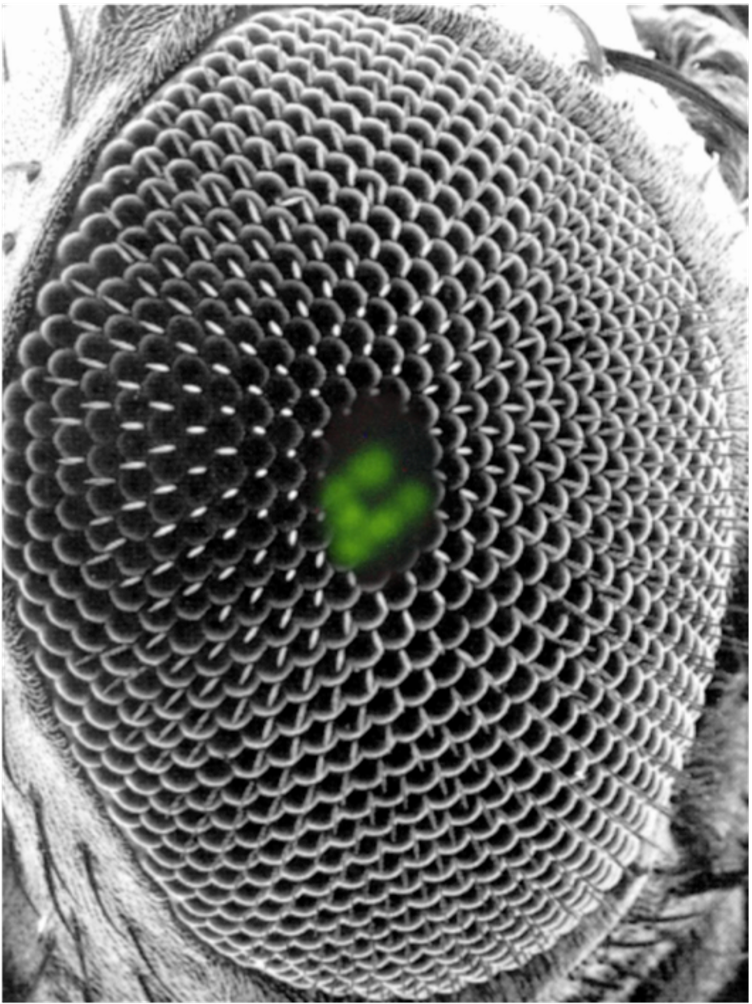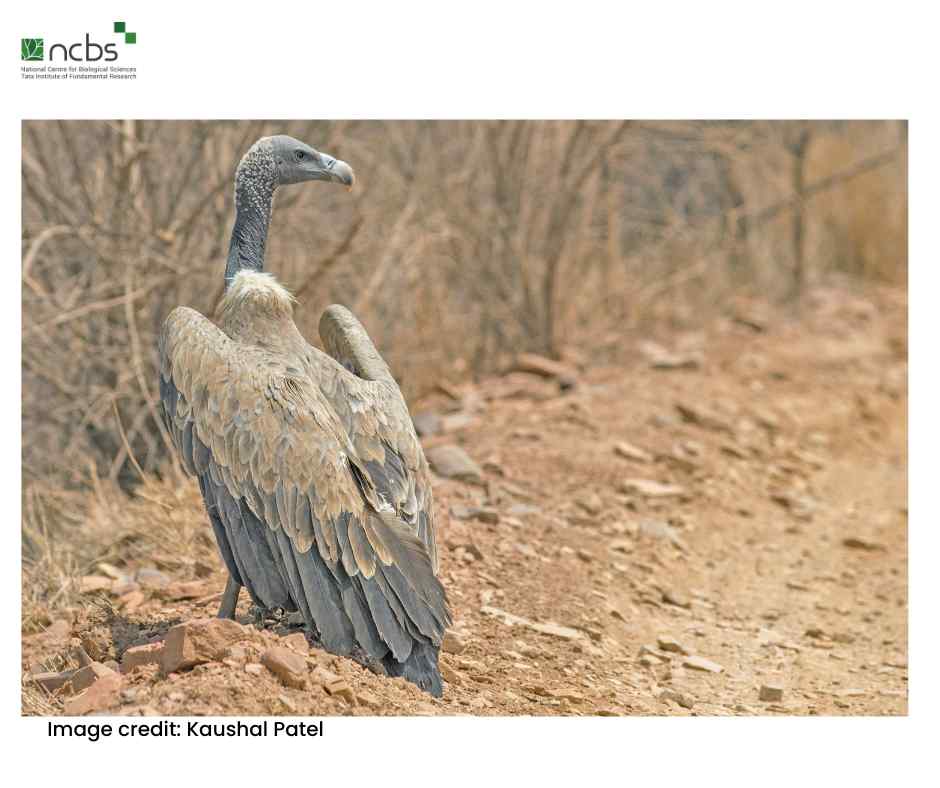-
Tracing the Genetic Footprints of India’s Elephants
Elephants are long-distance migrants. The populations in India, which make up 60% of the global Asian elephant population, began their migrations 100,000 years ago, gradually settling in different parts of the country. A record of these journeys can be found imprinted in the DNA sequences of today’s populations.
-
Understanding Collateral Arteries: a detour to escape stroke
More deadly than bullets and earthquakes, strokes claim millions of lives each year.
-
Potential therapeutics for celiac disease could lie in our gut
Wheat, rye, and barley are some of the oldest grains cultivated by humankind.
-
How Does Rice Treat its Wounds?
Step on a snake, it bites back. Step on a plant, it suffers in silence? Actually, no. Like animals, plants too have survival strategies to help them endure and recover from such accidents. In the plant world, being nibbled on by herbivores or damaged by harsh weather is routine.
-
Large Herbivores losing genetic connectivity in Central India
Habitat loss, degradation and fragmentation are major threats to biodiversity across the globe. Extensive development is fragmenting habitats, resulting in small, isolated patches of natural habitat within a broader mosaic of altered landscapes.
-
Transcriptional switches help bacteria survive aberrant DNA methylation
Bacteria routinely face stress from radiation, toxins, metabolic by-products and even antibiotics secreted by other bacteria in the environment, which can damage their DNA.
-
Unraveling Neural Health: Insights from Lipid Transfer Proteins and Cellular Regulation
In the intricate world of cellular biology, lipids are essential players, that serve as building blocks of cellular structure an
-
NEW STUDY REVEALS COMPARATIVE IMMUNOGENICITY OF COVISHIELD AND COVAXIN VACCINES IN INDIA
A study by a consortium of eleven institutes, led by scientists from the National Centre for Biological Sciences, Bengaluru, compares the immunogenicity of Covishield™ and Covaxin® - two primary COVID-19 vaccines widely used in India. The findings of the study offer valuable insights into the quality and quantity of immune responses induced by these vaccines against SARS-CoV-2, with significant implications for shaping future vaccination strategies.
-
Understanding Endangered Vulture Diets: Implications for Conservation Strategies
A new study, a first of its kind in the Indian subcontinent, has revealed how the diet composition of threatened vulture species varies across different landscapes. Using a novel metabarcoding technique, a team of scientists from National Centre for Biological Sciences (NCBS-TIFR), Bombay Natural History Society, Department of Zoology, University of Cambridge, Karnataka Vulture Conservation Trust, and Hume Centre for Ecology and Wildlife Biology, have been able to examine faecal samples from vultures, to identify the DNA of diet species whose carcasses the vultures likely consumed.


